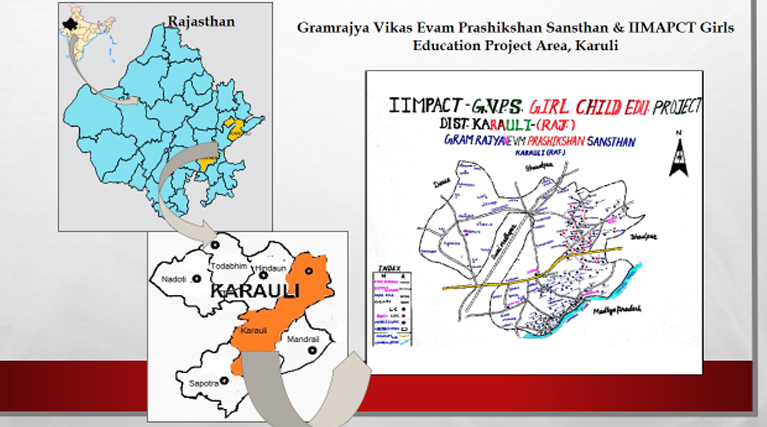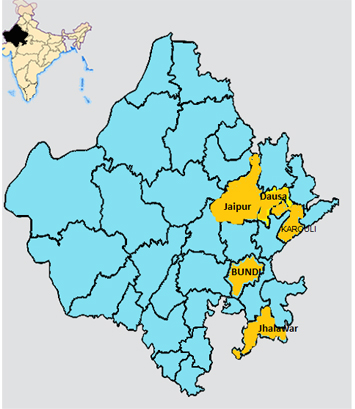
Core Strategies
-
Formation and Strengthening of Community-Based Institutions: This strategy entails establishing and fortifying community-based organizations (CBOs), such as self-help groups, cooperatives, and village committees. These entities provide platforms for community members to collectively address their needs and priorities. Strengthening CBOs involves equipping them with the necessary skills, resources, and support to become self-reliant and effective in their endeavors.
-
Capacity Building: The focus of capacity building is to enhance the knowledge, skills, and abilities of individuals and organizations to effectively address community issues. This may include conducting training programs, workshops, and seminars on various topics such as leadership development, project management, and financial literacy. The goal is to empower community members and organizations to take ownership of their development process.
-
Local Resource Mobilization: This strategy emphasizes mobilizing local resources, including funds, materials, and human resources, to support community development initiatives. It involves identifying and leveraging local assets and strengths to address community needs, thereby reducing dependence on external sources of funding.
-
Public-Private Partnerships: Public-private partnerships (PPPs) involve collaboration between government, the private sector, and civil society organizations to address social and development challenges. This strategy aims to leverage the strengths of each sector to achieve common goals and improve the effectiveness of development interventions.
-
Continuous Monitoring: Continuous monitoring entails the systematic collection, analysis, and use of data to track progress, identify challenges, and make informed decisions. It ensures that programs are on track and helps to identify areas for improvement.
-
Documentation of Best Practices: This involves capturing and sharing successful approaches, methods, and experiences from community development initiatives. It helps to promote learning, replication, and scaling up of successful interventions.
-
Convergence and Collaboration: Convergence refers to the coordination and collaboration of various stakeholders, including government departments, NGOs, and community organizations, to address common goals. Advocacy involves raising awareness, influencing policies, and mobilizing support to address community issues and promote positive change.
Outreach & Geographical area
GVPS focuses on marginalized & vulnerable communities. Currently it operates in Dug block of Jhalawar district and Todabhim,Karauli block of Karauli district. The regions suffer from social & economic backwardness due to lack of resources, health, and education and livelihood opportunities. In addition, through its core network of partners the work extends other districts and state level.
|
State
|
District
|
Block/ Area
|
No. of Panchayat
|
No. of Villages
|
|
Rajasthan
|
Jalawar
|
1
|
5
|
20
|
|
Karauli
|
5
|
31
|
150
|
|
Bundi
|
5
|
55
|
181
|
|
Sawai Madhopur |
2 |
15 |
50 |
|
Dousa
|
1
|
10
|
20
|
|
Jaipur City
|
Ghatget, Sanganerigate, Dhannadas Bagicha etc.
|




